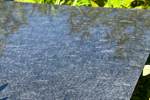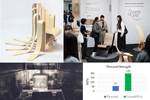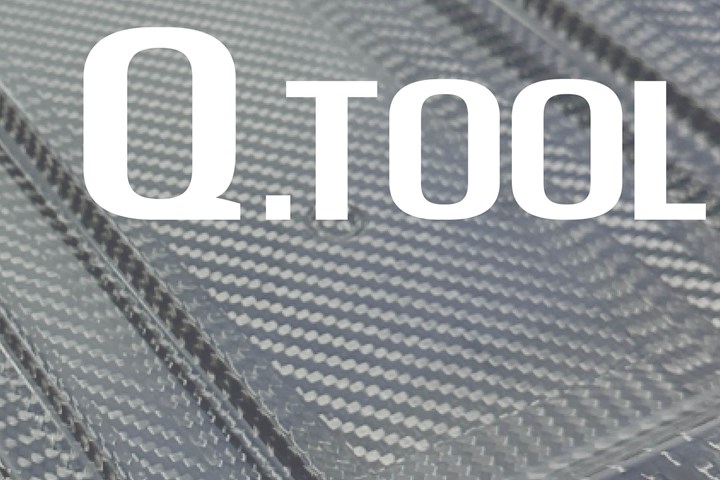PRF Composite Materials granted U.K. patent for Q.tool
Innovative prepreg tooling is highly drapable, capable of forming complex carbon fiber tooling shapes, in addition to reducing through thickness porosity and only requiring one debulk during layup.
A year and a half after the launch of its Q.tool prepreg tooling technology, PRF Composite Materials (Poole, Dorset, U.K.) has been granted a U.K. patent for the product. The U.K. Intellectual Property Office issued the patent grant for the prepreg’s distinctive design. Offering a faster option for traditional 1:8:1 tooling, Q.tool is reported to offer benefits over the much critiqued 1:5:1 system, providing exceptional drapeability.
According to the company, Q.tool is unique in that it has considerably less enclosed free space — the volume within the fabric that is not filled with fiber — than conventional 2/2 twill prepregs. It is in these areas, which fill with the resin matrix, that air in the prepreg will migrate, causing pin holing in the surface and through thickness porosity. Heavier fiber tows result in increased crimp and therefore more enclosed space which requires a higher number of debulks to counter this. Q.tool, however, only requires one debulk in the entire layup process and reduces through thickness porosity. Furthermore, the prepreg fabric architecture produces a highly drapeable material — it will easily mold to complex shapes — that is easy to handle and lay up and, typically, provides a saving of 50% in layup time for a conventional 1:8:1 system.
Q.tool also offers an improved mold surface finish, reduces the amount of plastic and other vacuum bag consumables and ultimately increases reliability — the material’s patented design decreases the risk of errors in laying up, PRF says. These characteristics make it a sustainable solution for the manufacture of carbon fiber tooling.
Related Content
-
Manufacturing the MFFD thermoplastic composite fuselage
Demonstrator’s upper, lower shells and assembly prove materials and new processes for lighter, cheaper and more sustainable high-rate future aircraft.
-
TU Munich develops cuboidal conformable tanks using carbon fiber composites for increased hydrogen storage
Flat tank enabling standard platform for BEV and FCEV uses thermoplastic and thermoset composites, overwrapped skeleton design in pursuit of 25% more H2 storage.
-
Plant tour: Teijin Carbon America Inc., Greenwood, S.C., U.S.
In 2018, Teijin broke ground on a facility that is reportedly the largest capacity carbon fiber line currently in existence. The line has been fully functional for nearly two years and has plenty of room for expansion.














